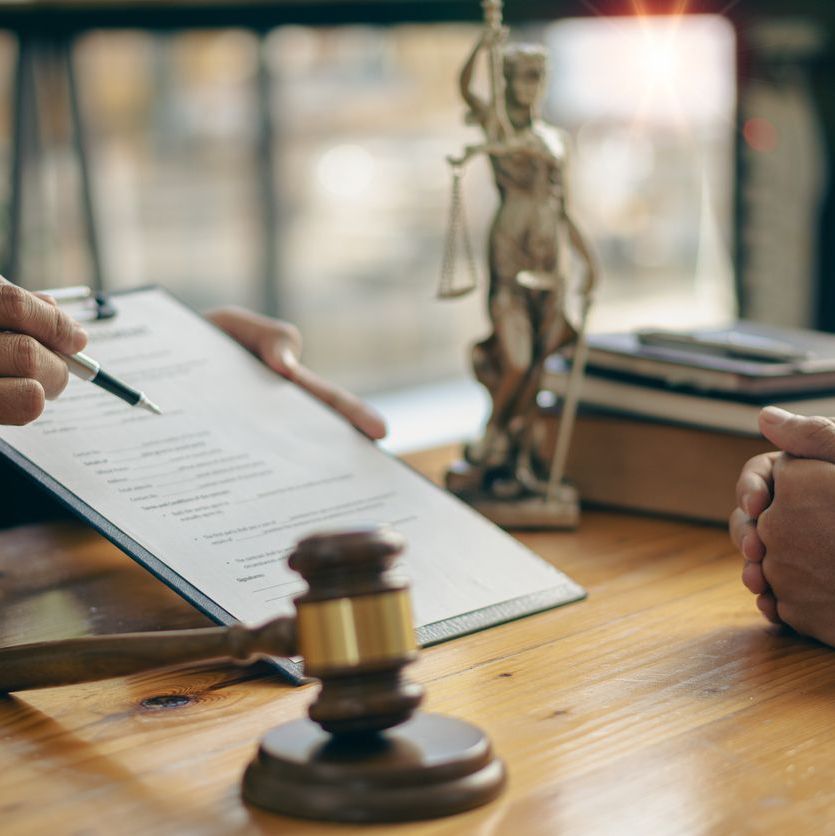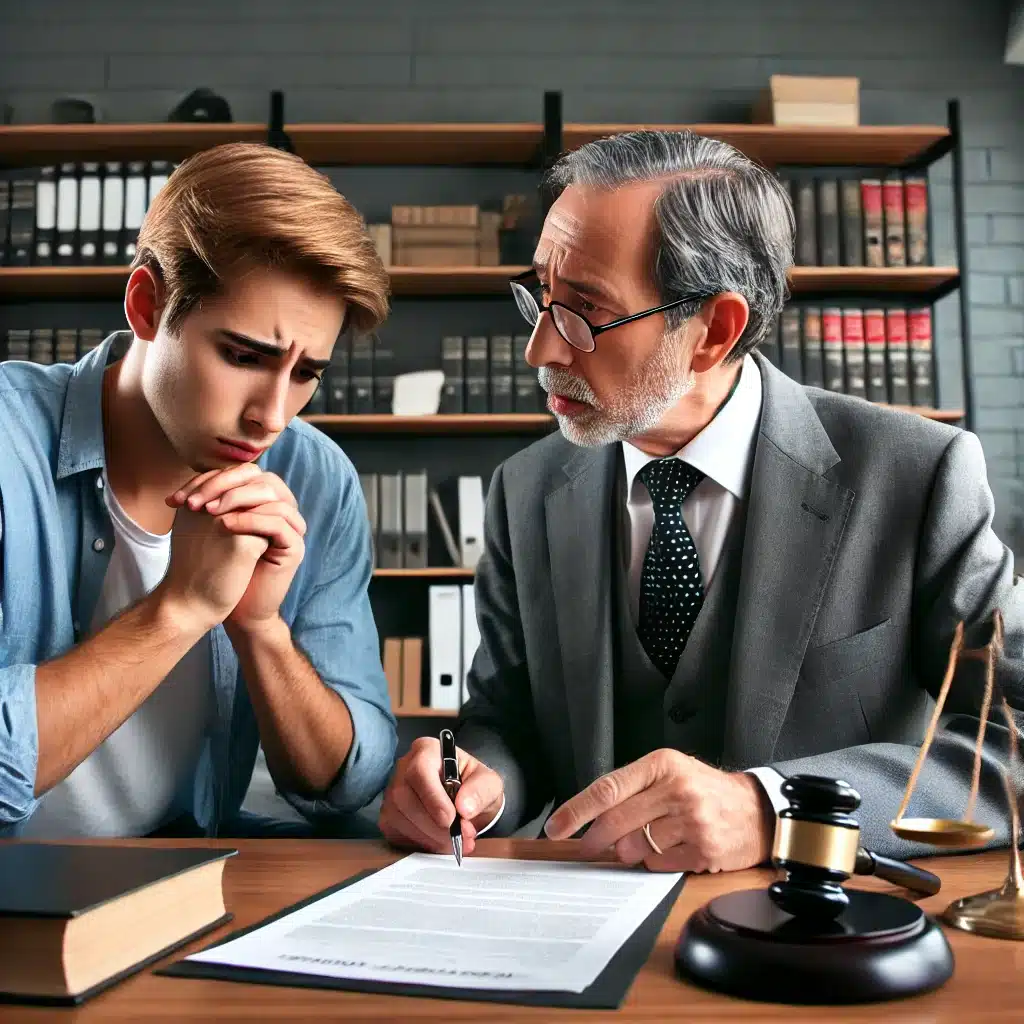Comprehending the Duty of a Post-Conviction Legal Representative in Seeking Justice After a Criminal Conviction
In the complex landscape of post-conviction legal procedures, the duty of a post-conviction legal representative is critical in browsing the course to justice after a criminal sentence. Past the confines of a trial, these legal experts involve in a diverse strategy targeted at uncovering brand-new proof, difficult legal errors, and promoting for their customers' legal rights. The intricacies of post-conviction job need a blend of lawful acumen, investigative skills, and tactical believing to decipher the complexities of a case and pursue avenues that may have been neglected or underexplored. As the quest of justice expands beyond the confines of initial process, the role of a post-conviction legal representative emerges as a sign of hope for those seeking to remedy oppressions and recover their rights within the legal system.
Post-Conviction Lawyer's Investigative Work
Post-conviction legal representatives engage in careful investigative job to reveal new proof, procedural errors, or misbehavior that might potentially cause overturning a conviction. This investigative stage is critical in the post-conviction process as it intends to recognize any forgotten information or legal errors that might have influenced the result of the first trial. Post-conviction lawyers dig into situation files, witness testaments, and lawful documentation with a fine-tooth comb, searching for any type of inconsistencies or irregularities that can be premises for allure.
With comprehensive investigation, post-conviction legal representatives aim to shed light on prospective injustices that might have happened during the initial trial. By looking at every aspect of the legal process, post-conviction lawyers function tirelessly to uncover any type of elements that may have influenced the decision.
Crafting Appeals and Petitions
In the pursuit of justice after a conviction, skilled lawyers carefully craft allures and applications to present compelling debates for the reconsideration of legal decisions. Crafting charms and requests requires a deep understanding of the lawful system, interest to information, and strategic reasoning. Post-conviction attorneys assess test records, recognize prospective errors or violations of civil liberties, and develop lawful disagreements to test the conviction or sentence.
When crafting a charm, lawyers concentrate on highlighting lawful mistakes that might have influenced the end result of the instance. They investigate instance law, laws, and lawful criteria to support their disagreements. Requests, on the other hand, might include providing new proof that was not available during the test or demonstrating adjustments in the regulation that warrant a review of the sentence.
Additionally, post-conviction lawyers need to adhere to strict procedural regulations and deadlines when submitting charms and requests. They have to offer their disagreements clearly and persuasively to persuade the court to grant alleviation to their clients. Via precise crafting of appeals and requests, post-conviction lawyers make every effort to protect justice for people who have actually been wrongfully convicted or unjustly sentenced.

Going After Post-Conviction Alleviation
Post-conviction alleviation includes a range of lawful systems designed to test the validity of a sentence or sentence. Post-conviction attorneys play an essential duty in browsing these complex treatments, guaranteeing that all lawful choices are discovered to remedy injustices that might have occurred throughout the test or sentencing phase.
One common form of post-conviction relief is filing a request for post-conviction alleviation, commonly based on claims of ineffective support of advice, prosecutorial misbehavior, freshly uncovered proof, or constitutional offenses. Experienced post-conviction legal representatives have the abilities and expertise essential to identify viable legal claims, conduct examinations, and existing engaging debates to safeguard alleviation for their customers.
Using Forensic Evidence
When challenging a conviction or sentence, the strategic utilization of forensic evidence can be an effective device in post-conviction lawful procedures. Forensic evidence encompasses a large range of clinical methods utilized to examine criminal offenses and establish facts in court. Post-conviction legal representatives can utilize forensic proof to challenge the validity of sentences by offering new scientific searchings for that were not readily available during the original test.

Engaging in Sentence Adjustments
Post-conviction legal representatives may explore the possibility of sentence modifications as a legal avenue to address disproportionate or unjustified sentences passed on in criminal instances. Sentence alterations entail looking for modifications to the regards to an accused's sentence after a conviction has happened. These modifications can consist of lowering the size of a sentence, changing the sort of punishment enforced, or discovering alternate sentencing choices.
Post-conviction attorneys can pursue sentence modifications via different legal mechanisms, such as submitting movements for sentence reduction, appealing for compassionate launch, or discussing plea deals for lowered sentences. They need to very carefully evaluate the circumstances of the instance, examine the legal premises for seeking a modification, and existing compelling arguments to the court sustaining the requirement for a modified sentence.
Involving in sentence modifications calls for a complete understanding of criminal legislation, punishing guidelines, and the specific treatments involved in looking for post-conviction relief. Post-conviction legal representatives play a vital role in supporting for fair and just results by challenging sentences that are unduly extreme or do not align with the concepts of justice.
Conclusion
Finally, the role of a post-conviction legal representative is essential in looking for justice after a criminal conviction. With investigatory work, crafting allures and petitions, going after post-conviction alleviation, using forensic proof, and engaging in sentence adjustments, these attorneys play a crucial duty in advocating for their customers and ensuring that their legal rights are promoted within the criminal justice system. Their dedication and experience are important in browsing the intricacies of post-conviction proceedings and achieving a fair end result for people facing criminal convictions.